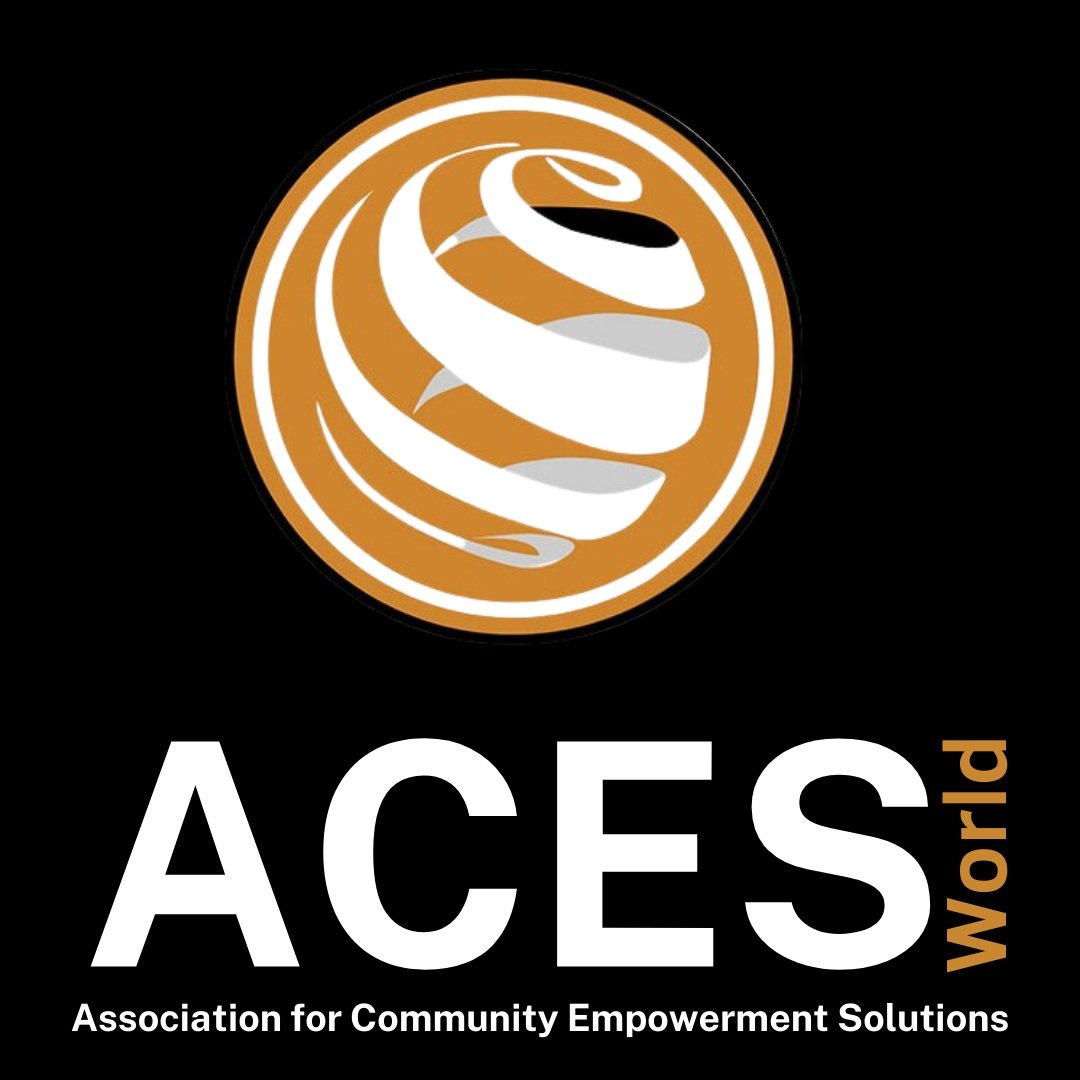COVID-19 and Female Heads-of-household in Uganda: A Report from the Field
More than 700,000 people have died of COVID-19 worldwide. In Uganda, more than one thousand cases and five deaths have been confirmed to date, and there continues to be a steady increase of cases per day. Families and communities are feeling devastating economic impacts which experts forecast will continue to worsen, and for the most vulnerable families (especially those headed by women) the abrupt travel bans and lockdowns have increased already wide gender-based livelihood gaps.
The local market has many fewer stalls than before COVID-19 lockdowns were imposed.
Most women are losing income due to the outbreak; women who trade in the market have trouble earning even the small amount they usually can make in a day. The loss of income for families has translated into spikes in poverty and food insecurity, which results in children missing meals--whether poor or wealthy, children are malnourished for similar reasons. Reduced access to healthcare, in part due to long distances which people must travel to reach hospitals and clinics, is a growing concern, especially for those living with HIV; most are missing critical medications.
People who sell food in the market report reduced sales due to lower incomes.
Because many female-headed household are unable to earn enough money for food and other needs, some of them are turning to prostitution (in some cases daughters as well as mothers) which exposes them to many sexually transmitted diseases (such as HIV/AIDs, candida, and gonorrhea), gender-based violence, and early pregnancy and marriage.
This single mother no longer trades second-hand clothes at the market. She and her children no longer have money for food and basic necessities.
Immediate measures are needed to empower women with skills which will enable them to earn a living amidst lockdowns and restricted movement. Equipping women to work in new fields and with new skills will go a long way to protect women from sexual abuse and the associated effects.
Big thanks goes out to ITHUNGU PEREGIA, ACESWorld PROJECT COORDINATOR (UGANDA), for her reporting for this blog post.



